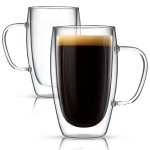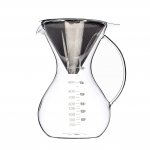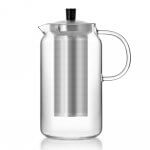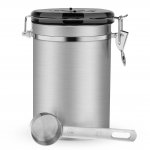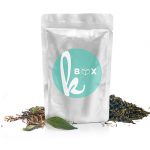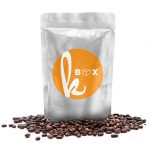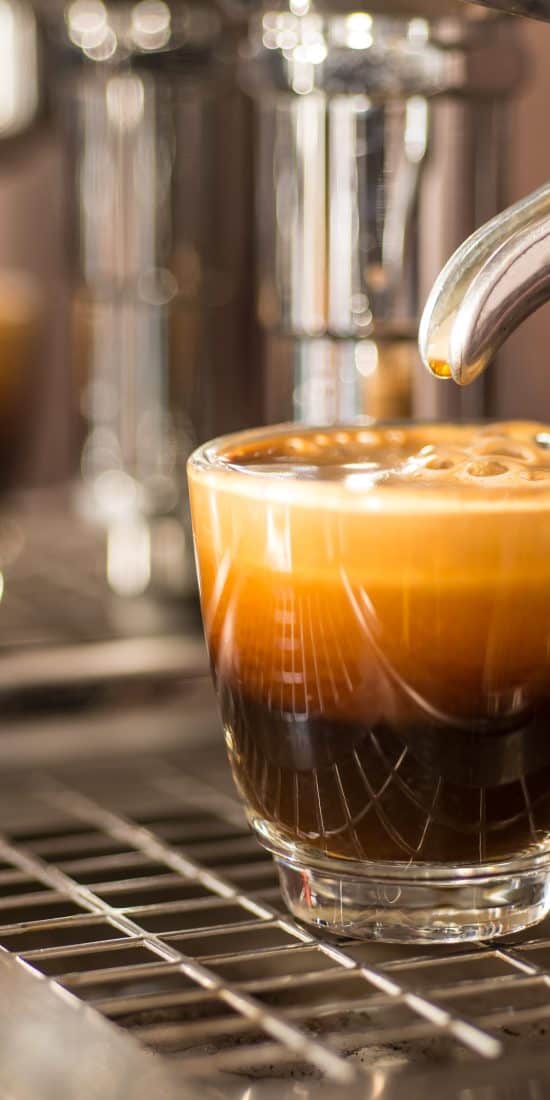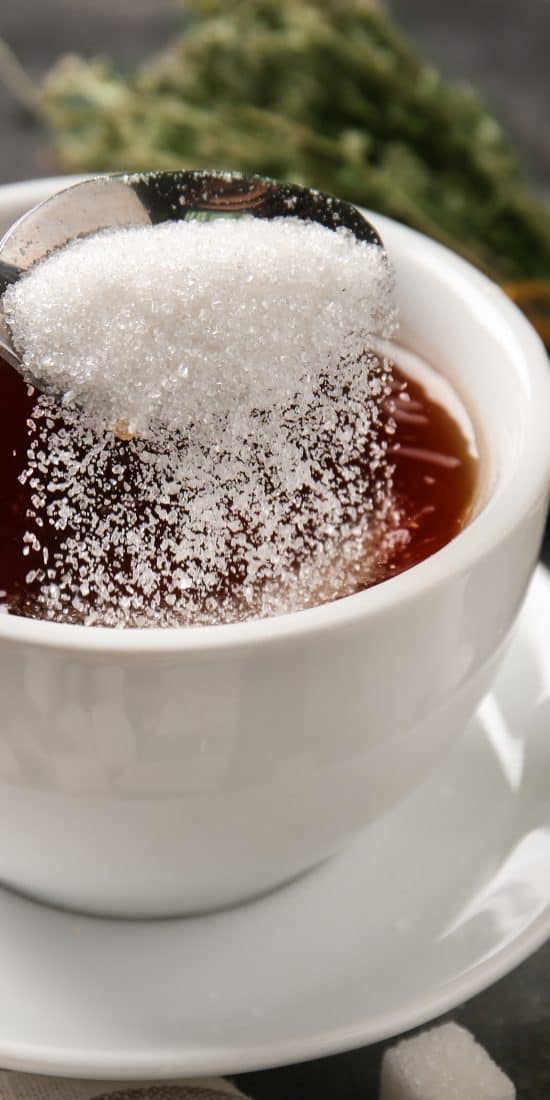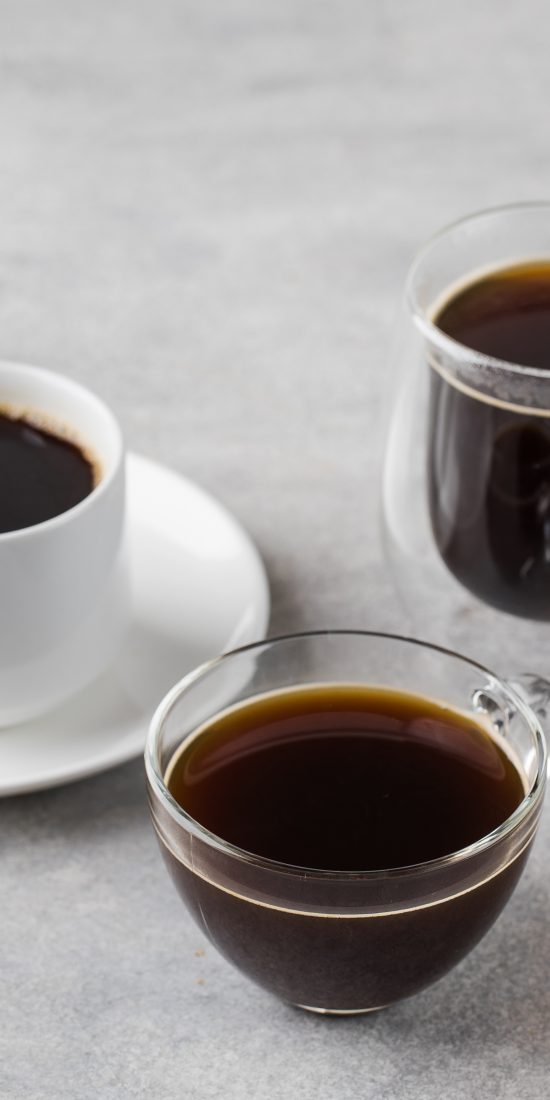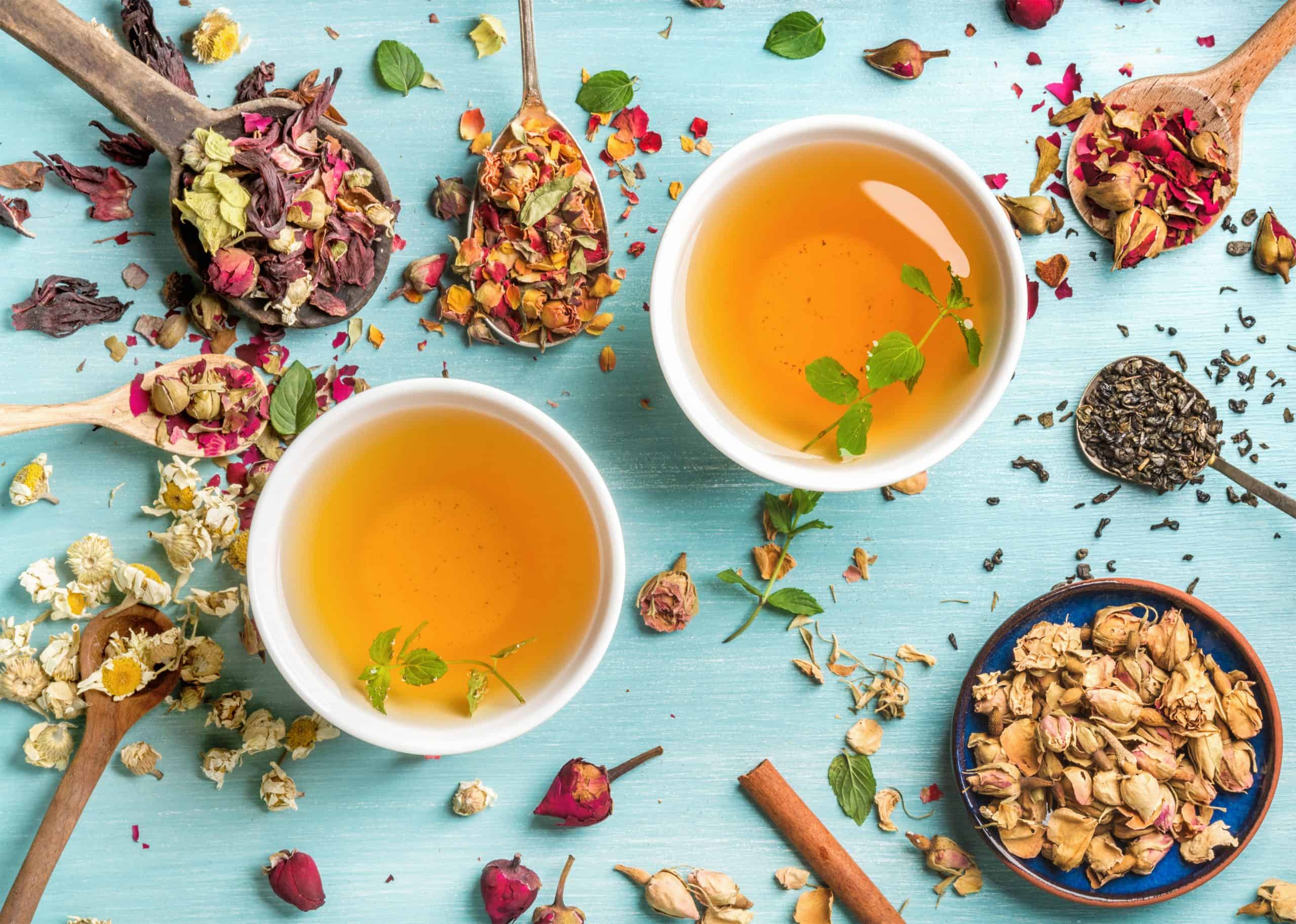
The Easiest Ways to Prevent Bitter Tea
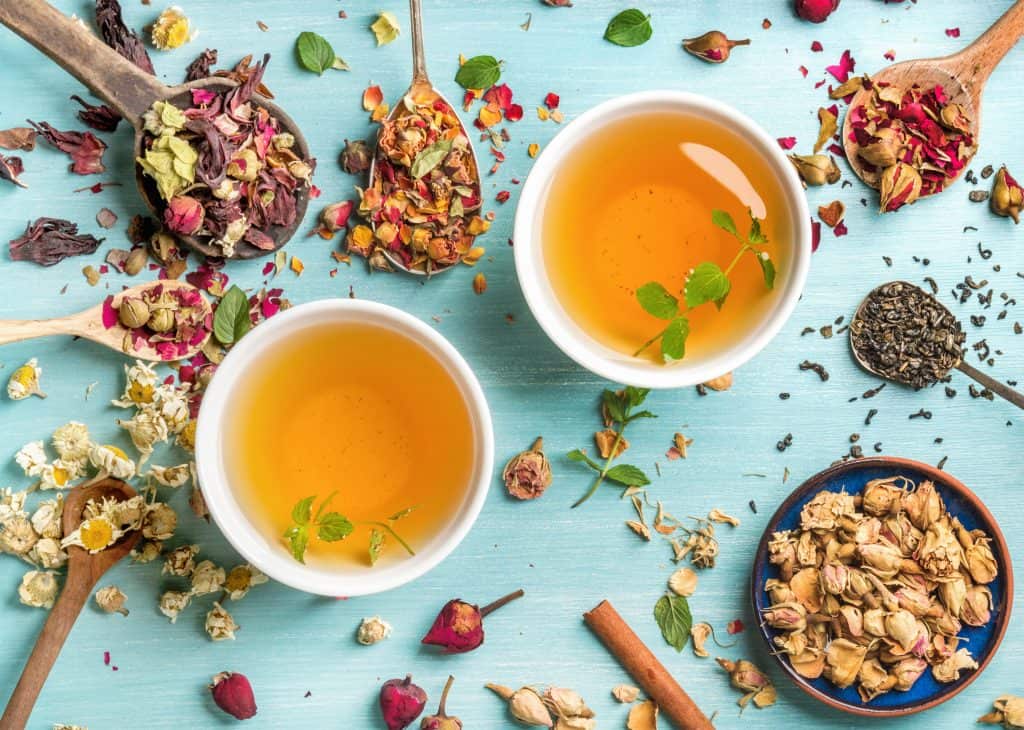
If you’ve ever taken a sip of tea and been met with a sharp, unpleasant taste, you might be wondering, “Why is my tea bitter?” Bitterness is one of the most common tea complaints, but it’s also one of the easiest problems to solve. Whether you drink loose-leaf tea or tea bags, there’s a simple way to prevent bitter tea and enjoy a smooth, flavorful brew every time.
Why Does My Tea Taste Bitter?
The main reason tea tastes bitter is the presence of tannins in tea, which are naturally occurring compounds that add depth and complexity. When over-extracted, tannins make the tea overly astringent.
Here are the biggest causes of bitter tea leaves and tea brewing bitterness:
- Over-steeping – The longer tea leaves stay in the water, the more tannins are released.
- Water temperature – Pouring boiling water over delicate teas like green or white scorches them, leading to bitterness.
- Tea-to-water ratio – Using too much tea for too little water can overpower the flavor.
The Easiest Solution: Control Time and Temperature
The easiest way to prevent bitter tea is to adjust your steeping time and water temperature. These two factors alone can stop bitterness before it starts.
Steep Time for Smoother Tea
- Green tea: 1–3 minutes
- White tea: 1–3 minutes
- Oolong tea: 2–3 minutes
- Black tea: 3–5 minutes
- Herbal tea: 5–7 minutes
Tea Water Temperature Guide
- Green tea: 175–180°F (79–82°C)
- White tea: 175–180°F (79–82°C)
- Oolong tea: 195°F (91°C)
- Black tea: 212°F (100°C)
- Herbal tea: 212°F (100°C)
An electric kettle with temperature control is a great tool for tea bitterness prevention. If you don’t have one, let boiled water cool for 1–2 minutes before pouring.
Extra Tips to Avoid Bitter Tea
- Rinse your leaves – A quick rinse before brewing removes excess tannins.
- Use fresh, filtered water – Better water equals better tea.
- Store tea properly – Keep it airtight and away from heat, light, and moisture.
- Cold brewing tea benefits – Cold brewing extracts flavor slowly, resulting in naturally sweeter tea.
- Loose-leaf vs teabag bitterness – Loose-leaf often provides a cleaner, smoother flavor compared to many tea bags.
How to Fix Bitter Tea
Already made a cup that’s too strong? Here’s how to fix bitter tea without tossing it:
- Add more hot water to dilute the strength.
- Sweeten with honey, maple syrup, or sugar to balance the taste.
- Add a splash of milk to soften bitterness (great for black tea).
- For iced tea, chill it quickly and add ice or cold water.
Common Mistakes to Avoid
When learning how to stop bitter tea, there are a few common tea brewing mistakes:
- Leaving the tea bag or infuser in your cup while drinking.
- Reheating brewed tea, especially in the microwave.
- Using old, stale, or low-quality leaves.
Final Thoughts
If you’re tired of asking “Why does my tea taste bitter?”, remember this: the fastest way to prevent bitter tea is to watch your steeping time and water temperature. By controlling these factors, you’ll reduce tannin overload and enjoy a sweeter, smoother brew. Experiment with low-temperature tea brewing, try cold brewing for hot days, and keep track of your favorite steep times in a tea journal. Soon, you’ll master the balance and never have to fix bitter tea again.
Whether you’re exploring new brews, perfecting your tea ritual, or simply savoring a quiet moment with your favorite drink, the right mug makes all the difference. At Kitchables, our double-walled glass mugs are designed to keep your beverage at the ideal temperature while adding a touch of elegance to your daily routine. Sip in style, enjoy every flavor note, and make each cup an experience worth lingering over.
